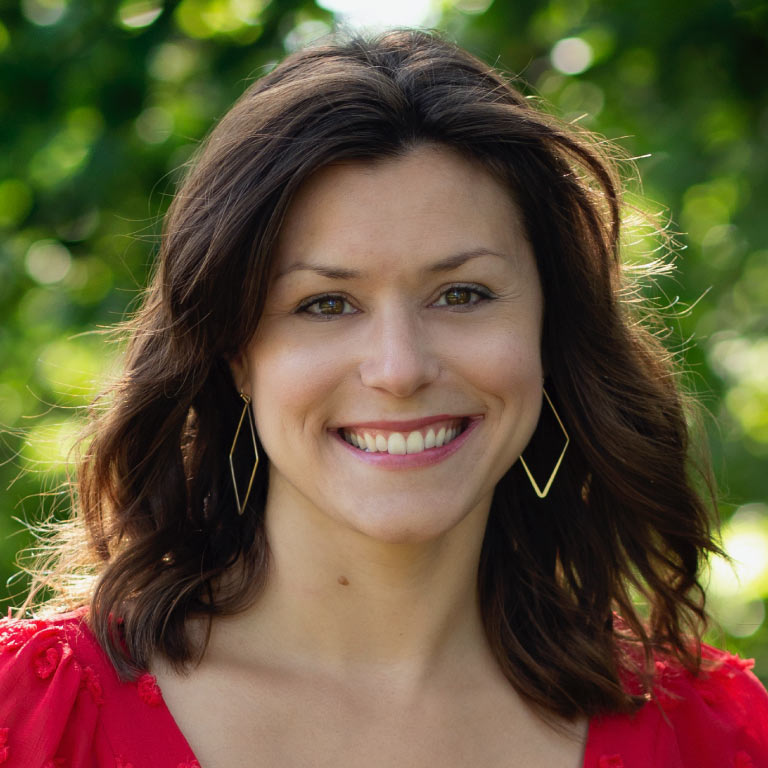PLENARY SPEAKERS
LAURA
GRUZYNSKI-WEISS

Laura Gurzynski-Weiss
Laura Gurzynski-Weiss (PhD: Georgetown University) is Associate Professor and Director of Undergraduate Studies in the Department of Spanish and Portuguese at Indiana University (USA), where she teaches courses in second language acquisition, Task-Based Language Teaching, research and teaching methods, individual differences, and Hispanic Linguistics.
Recent research projects include task-based needs analysis and curriculum design for exposure-track Spanish at the elementary/primary level, as well as for a domestic Spanish immersion camp at the high school/secondary level. She directs the Task-Based Language Learning Task Bank, serves on the Executive Boards of the International Association for Task-Based Language Teaching and the International Association of Applied Linguistics, and is the co-founder and co-director of AILA Ibero-America.
(Indiana University, USA)
There is a common misconception that learners must have some prior knowledge in order to be able to benefit from (or even function in) a task-based language program. In the United States public school context, as in many other educational settings, teachers are overstretched and under-supported in their day-to-day functions, rendering any desire to innovate and try to implement approaches that deviate from traditional grammar-based approaches virtually impossible. As a result, teachers often rely on teacher-centered instruction in the L1 and lose invaluable opportunities with the target language, particularly when it comes to encouraging opportunities for interaction and focus on form. In this talk, I will discuss collaborative efforts between acquisition researchers and elementary school teachers in Bloomington, Indiana (USA) who are working together to create and pilot to meaningful, form-focused tasks tasks for elementary-level “exposure track” Spanish, a program where learners are given 50-minutes of language time per week.
First, I discuss the status quo before the aforementioned collaboration: in this school district, individual teachers are responsible for creating 50-minute lessons for approximately 900 students, from pre-kindergarten (age 5) through fifth grade (age 11) levels. Lessons were taught in the L1, English, and students were not anticipated to progress from one year to the next. In fact, lessons were largely recycled from year to year, starting over again with the most basic information each fall (e.g., hola, mi nombre es, etc.). I share data from receptive and productive interactive classroom and one-on-one tasks that demonstrate the lack of knowledge that resulted from this previous iteration of the program and the frustration on the part of the teachers, who were under-supported in terms of resources and time. I juxtapose this data with examples from the same age group from a Spanish-English dual-language immersion program in the United States to show just how capable novice learners in this age-group and context are able to interact meaningfully while also focusing their attention on form, illustrated via excerpts from interaction-based classroom data.
Next, I will outline the ongoing collaborative efforts between the acquisition researchers and elementary school teachers, focusing on the goals we have this semester, the data that demonstrate that “absolute zero” learners are capable of learning the target language via tasks and stressing the necessity of collaboration and support for elementary-level public school teachers in the US, an exceptionally under-served, knowledgeable and passionate resource with the critically important opportunity to expand the worldview of one young mind at a time.
Finally, I will discuss our future plans for expansion for this program, inviting the teachers in the audience to become involved as we make this initiative international, increasing opportunities for language learning and global-mindedness across students and teachers alike.